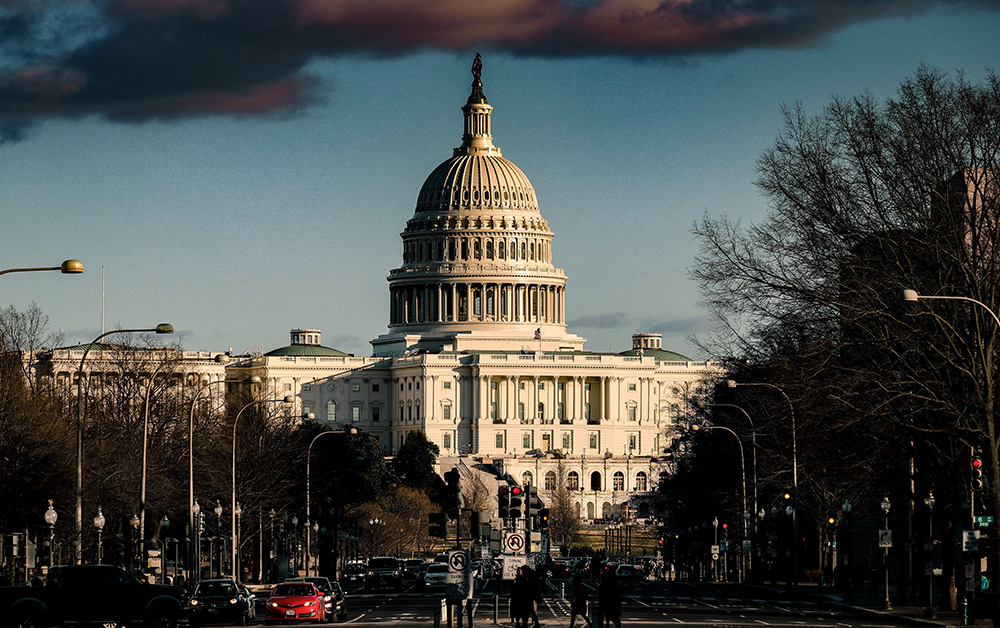The Coronavirus Aid, Relief, and Economic Security (CARES) Act which became law on March 27 contained several new or expanded loans administered by the Small Business Administration (SBA). Two of which, the Economic Injury Disaster (EID) loan and the Paycheck Protection Program (PPP) loan, had specific amounts appropriated to each program. Once those amounts were reached, lending was halted unless additional funding was appropriated by Congress. The PPP program reached its limit on April 16 and the SBA stopped accepting loan applications as a result.
Congress has passed the Paycheck Protection Program and Health Care Enhancement Act to provide additional funding for the SBA loans and for health care providers. The bill was signed into law by President Trump on April 24.
Small Business Loans
The bill provides the following additional funding for SBA loans:
- $310 billion for PPP loans
- $10 billion for EID loans
- $10 billion for the Emergency EID loan Grants
- $50 billion for loans under Section 7(b) of the Small Business Act
The bill also adds agricultural enterprises (as defined in Section 18(b) of the Small Business Act) with not more than 500 employees as those that are eligible for both EID loans and Emergency EID loan Grants.
Additionally
In addition to providing cashflow relief to small businesses, the bill also provides:
- $75 billion appropriated as grants for hospitals and other health care providers to reimburse for lost revenue and COVID-19 related expenses
- $25 billion dedicated to research, develop, validate, manufacture, purchase, administer and expand capacity for COVID-19 tests

